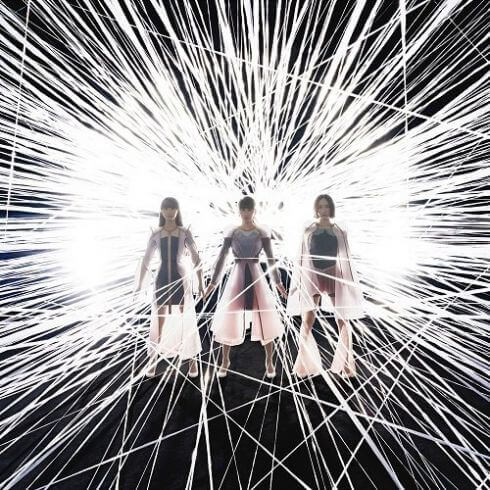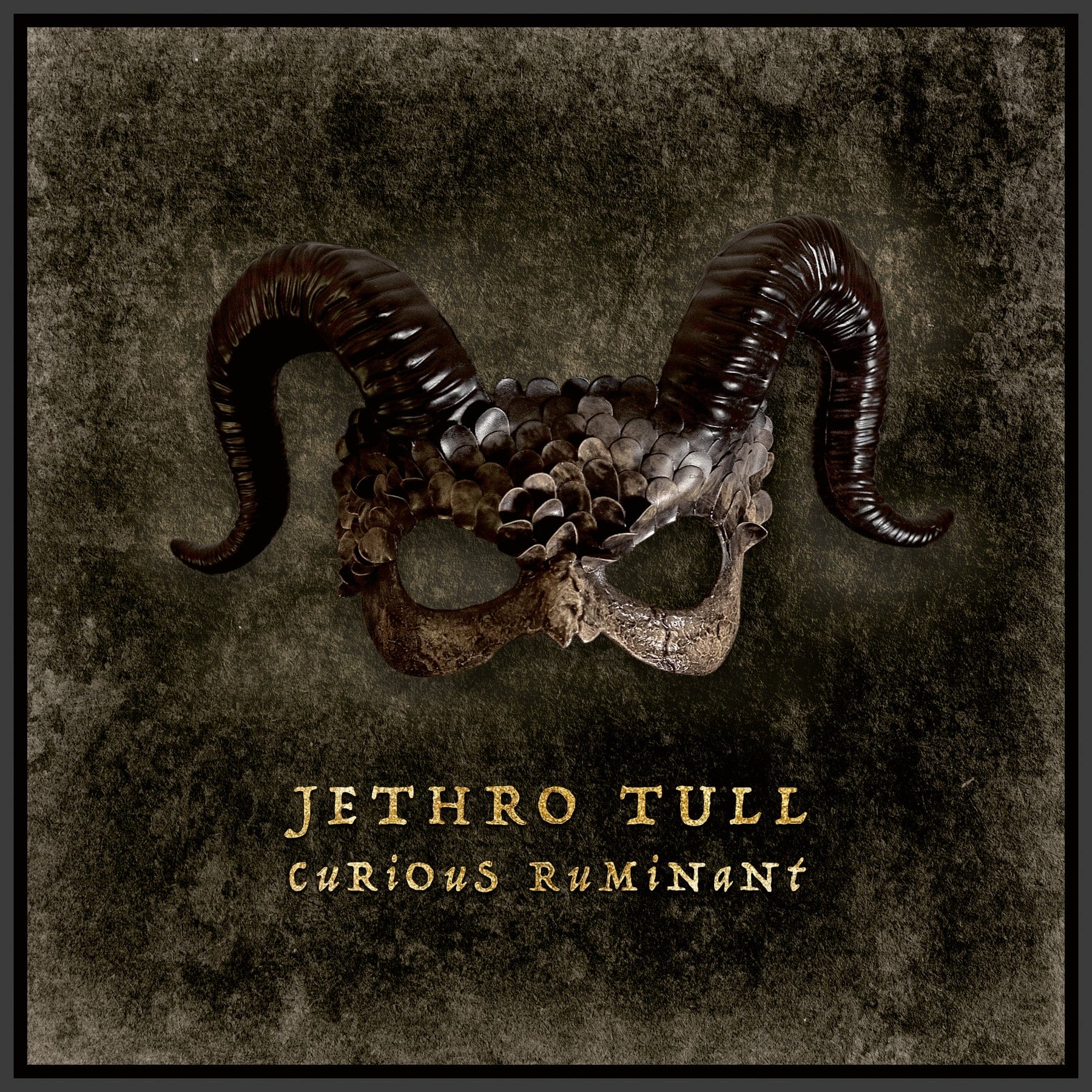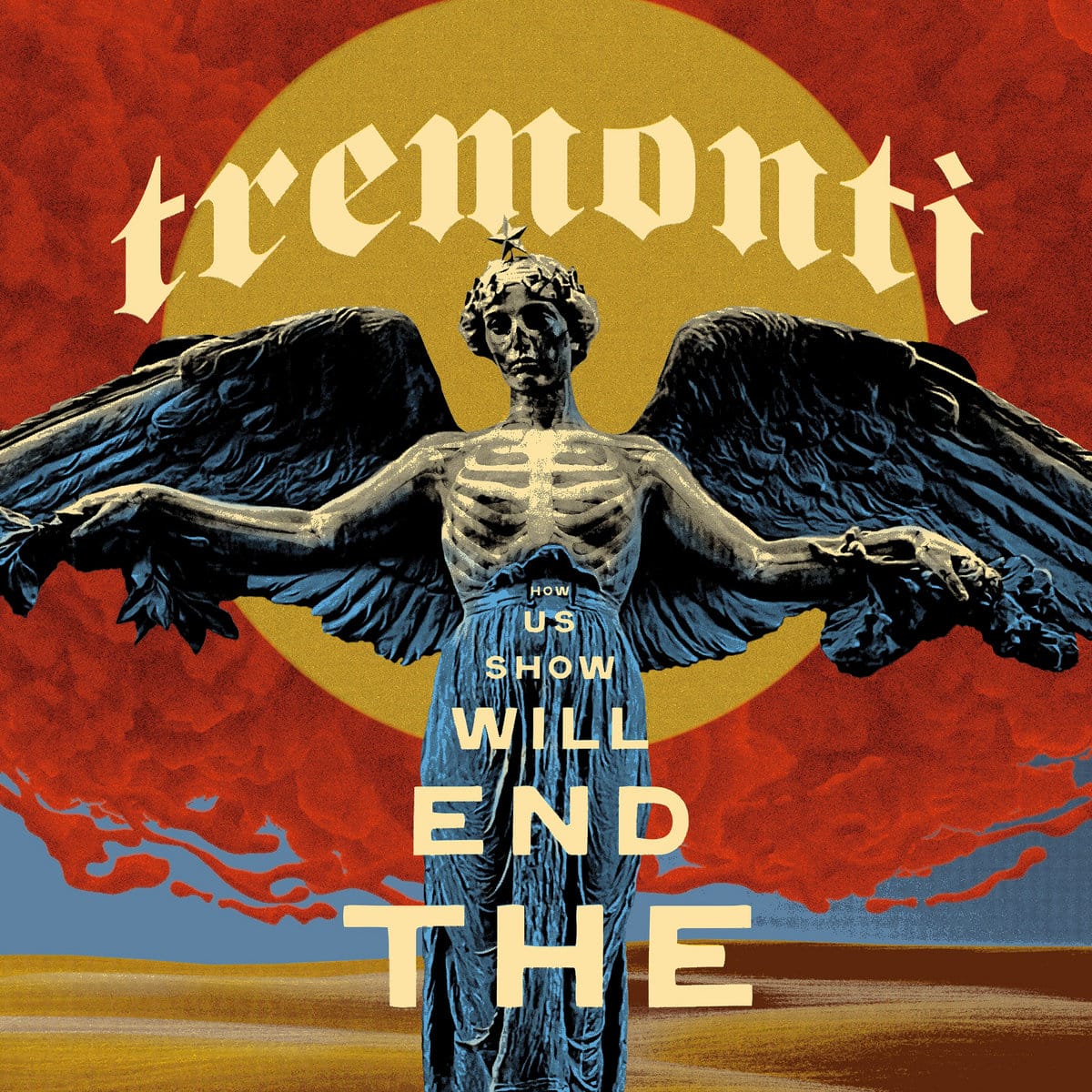Future Pop, the 6th album by Japanese J-Pop trio Perfume, was released this year, on August 15. I was eagerly anticipating it since it was announced some months before the release date.
If you ever listened to a Perfume album before, you know pretty much what to expect: synth based j-pop, with a lot different layers of sounds and melodies, and on top of that the vocals, with their signature heavily-processed-with-autotune sound
This of course, is the work of composer Yasutaka Nakata, who has been exclusively handling the whole production of Perfume’s musical output since their beginning. He composes and produces their whole albums by himself.
Given that Nakata has been producing for other acts too in recent years, most notably for model-turned-singer Kyary Pamyu Pamyu, but also his own band Capsule, while also delivering his first solo album in February, one has to wonder a few things. First, how much attention and interest can he still focus to a Perfume record? Secondly, does Future Pop sounds like those other projects also composed by Nakata?
I think the songs in Future Pop, in general, are a bit more simplistic and shorter than on previous Perfume albums. That might be because of Nakata losing some interest in the band, or he being too busy. Maybe he has burned out a bit too. I can only speculate.
The J-Pop music reviews website Random J-Pop, in its review of Future pop, claimed that it’s one of Perfume’s Weakest Albums, and that “some may fail to see / hear the charm of Perfume and the genius of Nakata.”
I agree to some extent. Either way, I believe it’s still an enjoyable album, still maintaining a lot of the complexity in the layers of the arrangements that we all have come to expect from a Perfume release, with some wonderful J-Pop melodies on top. The overall sound is top-notch.
I do believe that each Nakata produced project still maintains its own particular sound, even if that line is a bit blurry. Perfume’s music is more techno and electro pop based, with a more serious sound that say, Kyary Pamyu Pamyu. Still, one has to remember that no matter what, a particular composer’s sound and style will come through each and every composition he makes. He will always sound like himself, his own current musical interests, and his whole evolution as an artist. So I don’t blame Nakata if his other projects end up sounding as himself too, as it’s only logical.
One thing I like a lot about Future Pop is that the amount of autotune for the girls’ voices has been decreasing with each record. The vocals are still not completely all-natural sounding in Future Pop, but it’s a nice evolution from the days of Game, their first album, where about 100% of the vocals were completely treated with autotune.
According to the members of Perfume, the standout tracks on the album are Fusion, Future Pop, and Tokyo Girl, as chosen by Nocchi, Kashiyuka, and A-Chan, respectively. I do believe those are some of the songs I enjoy the most.
Future Pop might not end up being my favorite Perfume album, (that honor still goes to Triangle,) but it’s still a record I’m enjoying listening to, and it has been seeing a good rotation in my playlist since it was released.
Perfume’s discography includes: Game (2008), Triangle (2009), JPN (2011), Level3 (2013), Cosmic Explorer (2016), and Future Pop (2018).






